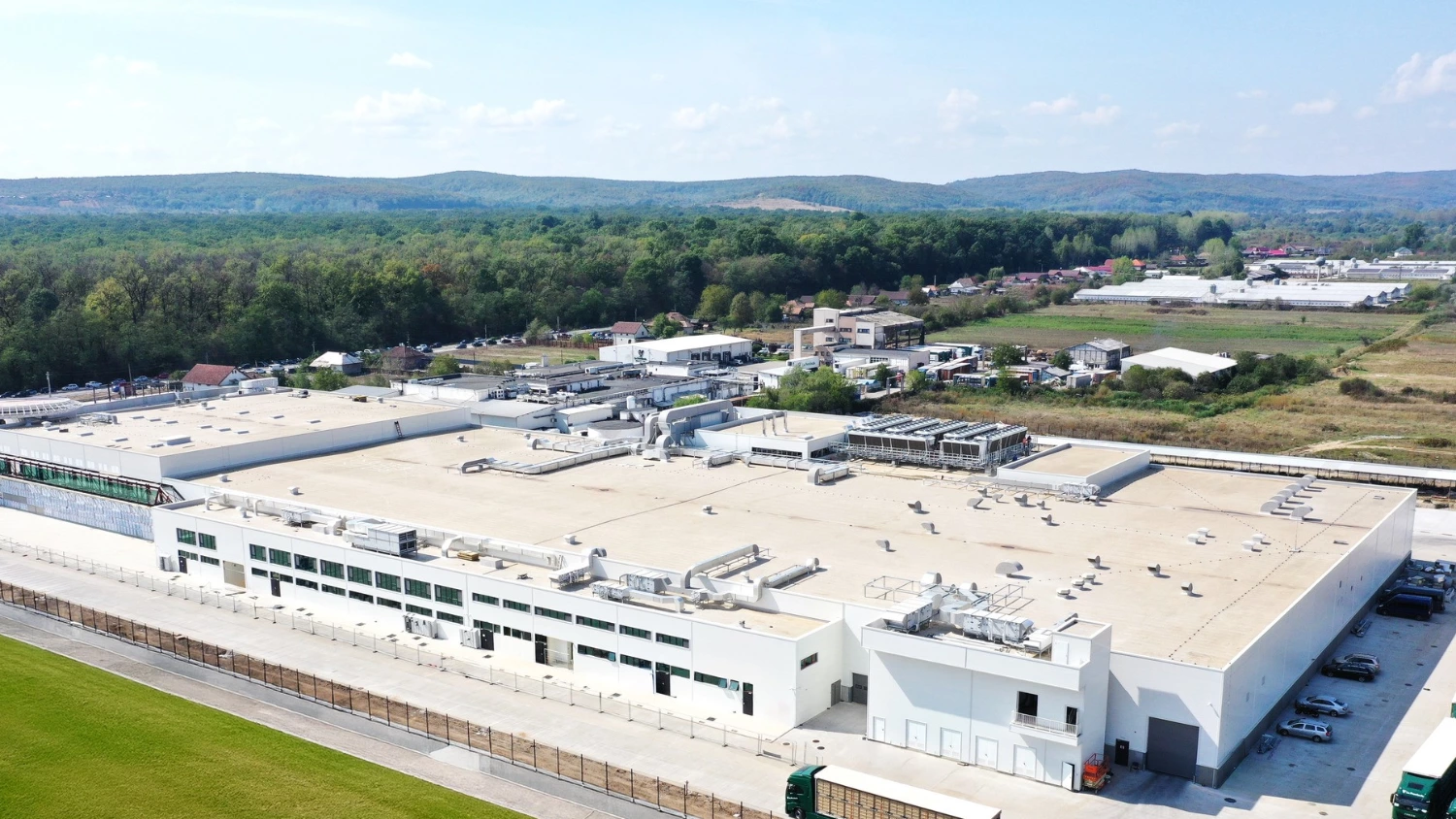The expenditures refer to patient care in hospitals and outpatient services, pharmaceuticals, medical devices, and prevention. Additionally, 12% of Romanians are not insured in the national health system, the majority of whom are from rural areas.
The underfunding of the medical system also has alarming effects. In 2022, nearly 2 in 10 Romanians (18%) made informal payments or donations in various forms, including cash, to doctors, nurses, or hospitals, placing us in the first position in the European Union, where the average was 4% during the same period.
In Romania, there are only 3.5 doctors per 1,000 inhabitants, placing our country at the bottom of the European rankings, even though the same OECD report emphasizes that Romania trains medical professionals at a significantly higher rate than the European average. Specifically, in 2021, Romania had 26.2 medical graduates per 100,000 inhabitants—well above the EU average of 17.5 per 100,000—and 108.6 nursing graduates per 100,000 inhabitants, compared to 44.3 per 100,000 in the EU. Nevertheless, the migration of medical personnel (both new graduates and experienced workforce) has contributed to the current low number of healthcare professionals working in Romania.
Furthermore, Romanian hospitals are overloaded because patients tend to avoid primary care services. This adds extra pressure on hospital units, resulting in higher costs. Romania has 7.2 hospital beds per 1,000 people, which is 2.4 more than the EU average.
As a result, almost half of the total funding for health in Romania is directed to hospital services, the AGISTA analysis also shows.
"In Romania, the private healthcare system is continuously developing, and accessing additional funding sources is essential for the growth and strengthening of successful businesses in this sector. Strategic investments can improve infrastructure, technology and the quality of services offered, thus contributing to a more efficient and accessible health system for all patients," says Dragoș Dărăbuț, Senior Investment Manager AGISTA.
Romania has nearly €3 billion from the National Recovery and Resilience Plan (PNRR) to transform the healthcare system. Seventy percent of the funds, approximately €2 billion, will be used to improve hospital infrastructure.
The growth investment fund AGISTA entered the medical market last year with the acquisition of the Centrokinetic rehabilitation clinic network. Since AGISTA's investment, Centrokinetic has expanded from 3 clinics in Bucharest to 8 clinics nationwide in less than half a year.
AGISTA invests across various sectors but primarily focuses on industries such as IT&C, healthcare, recycling, and agritech. Since its launch, AGISTA has invested in Eplus Smart Energy, Dendrio Solutions, FORT, Top Tech, Bittnet Group, and Centrokinetic.
The growth investment fund AGISTA, currently undergoing authorization by the Financial Supervisory Authority, is a brand launched by Impetum Group, supporting Romanian SMEs whose products and services are important for society through capital and know-how. With a minority shareholder approach, AGISTA invests tickets between €2-5 million and acts as an anchor investor with a strategic role, holding a seat on the boards of portfolio companies and contributing to their rapid and healthy development. Through the partnership with AGISTA, companies benefit from customized solutions, guidance, and networking, having a growth partner by their side as they aim to transform into regional champions.
Centrokinetic is the network of integrative orthopedics and rehabilitation clinics dedicated to osteoarticular conditions, equipped with complete diagnostic and treatment capabilities, from medical consultations, specialized open MRI for the locomotor system, ultra-modern physiotherapy rooms, and state-of-the-art equipment for physiotherapy procedures. The Centrokinetic physiokinetotherapy team consists of over 110 professionals trained to lead recovery programs developed by the clinic's doctors, tailored to each patient.







